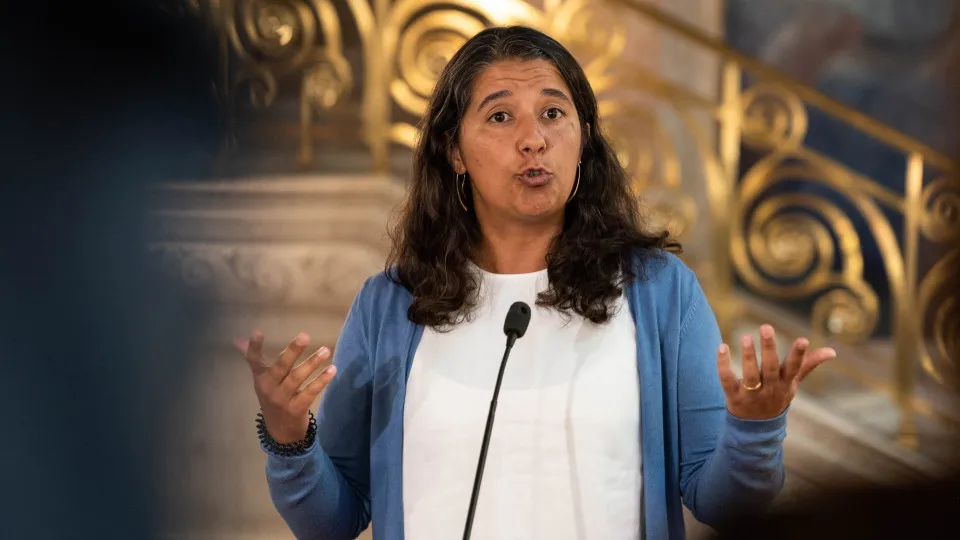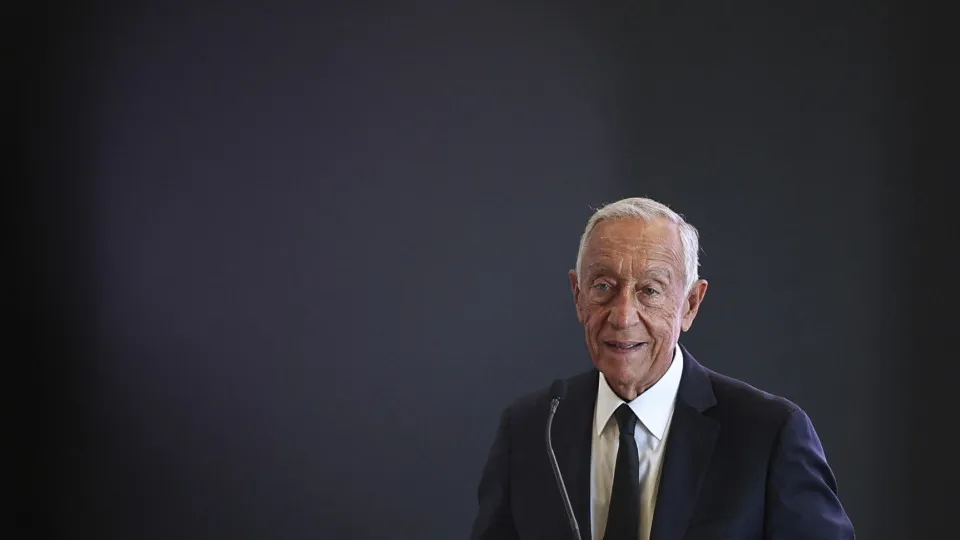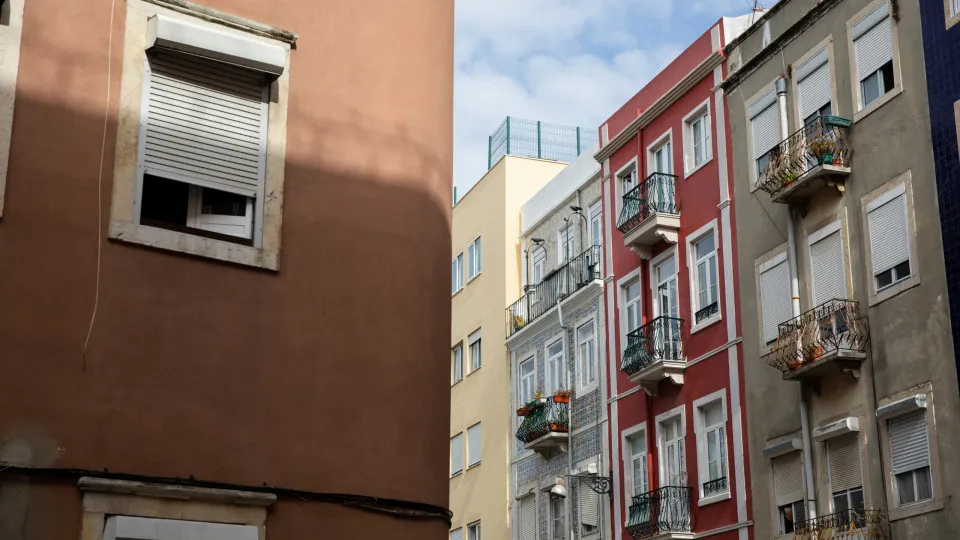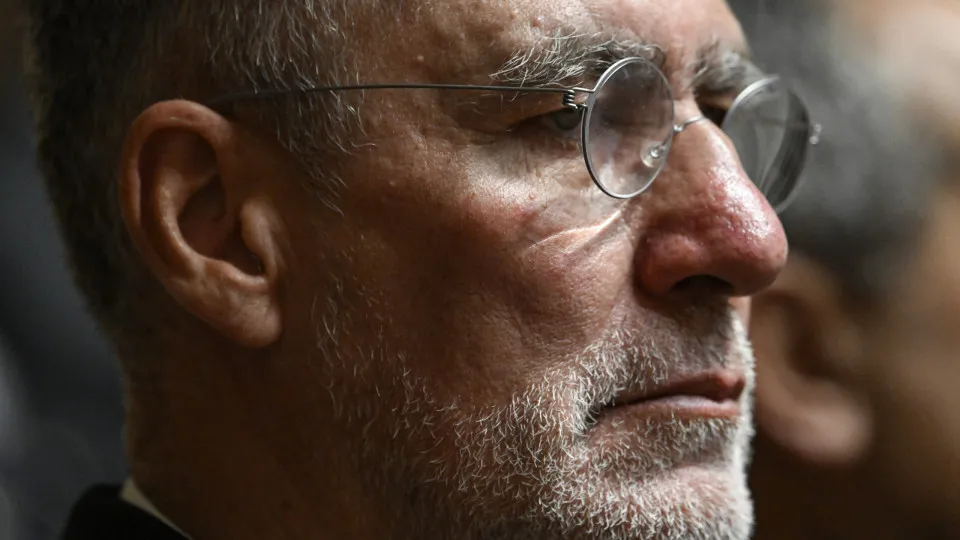
A date has been announced by the parliamentary leader of the PCP, Paula Santos, while speaking to journalists in parliament after a meeting of the conference of leaders that decided the work of the Assembly of the Republic for the coming weeks.
Under discussion will be a request for parliamentary review demanded by the PCP, Livre, and BE, a parliamentary tool that allows “calling” decrees to parliament to repeal or modify them partially or entirely.
“We will have in the Assembly of the Republic, with government members, the debate on the privatization of TAP, and this confrontation with this government option, which constitutes a true economic crime and does not contribute to territorial cohesion nor to the development of our country,” argued the communist deputy.
For the PCP, this is “a central issue from both the political perspective and what enables the development of the country’s territory.”
Shortly after, Livre’s parliamentary leader, Isabel Mendes Lopes, also emphasized the importance of this review.
“It seems to us that this decree-law is too important not to be discussed here in parliament, and hence we have joined forces with the PCP and the Bloco de Esquerda to bring the TAP privatization decree-law to the Assembly of the Republic,” she stated.
Isabel Mendes Lopes further announced that Livre has scheduled a mandatory debate for September 26 on the legislation concerning games and casinos.
“We know that gambling, particularly online gambling, has a devastating effect, fosters addictive behaviors, and has significant implications on the lives of many people and families, and therefore, it seems to us that now is the time to revise the gambling laws, laws on access to gaming sites and places, especially online, and also review gaming advertising regulations,” she added.
On August 14, Livre, PCP, and BE requested a parliamentary review of the government’s decree-law that proceeds with the privatization of TAP, considering the process to be “inherently disastrous” and deserving “clear rejection.”
The decree-law for the privatization of 49.9% of TAP allows the private investor to take more than 44.9% of the company, acquiring what the employees do not purchase from the 5% reserved for them.
TAP was partially privatized in 2015, but the process was reversed in 2016 by António Costa’s government, which reclaimed half the capital. In 2020, amid the COVID-19 pandemic, the state assumed full control of the company.




